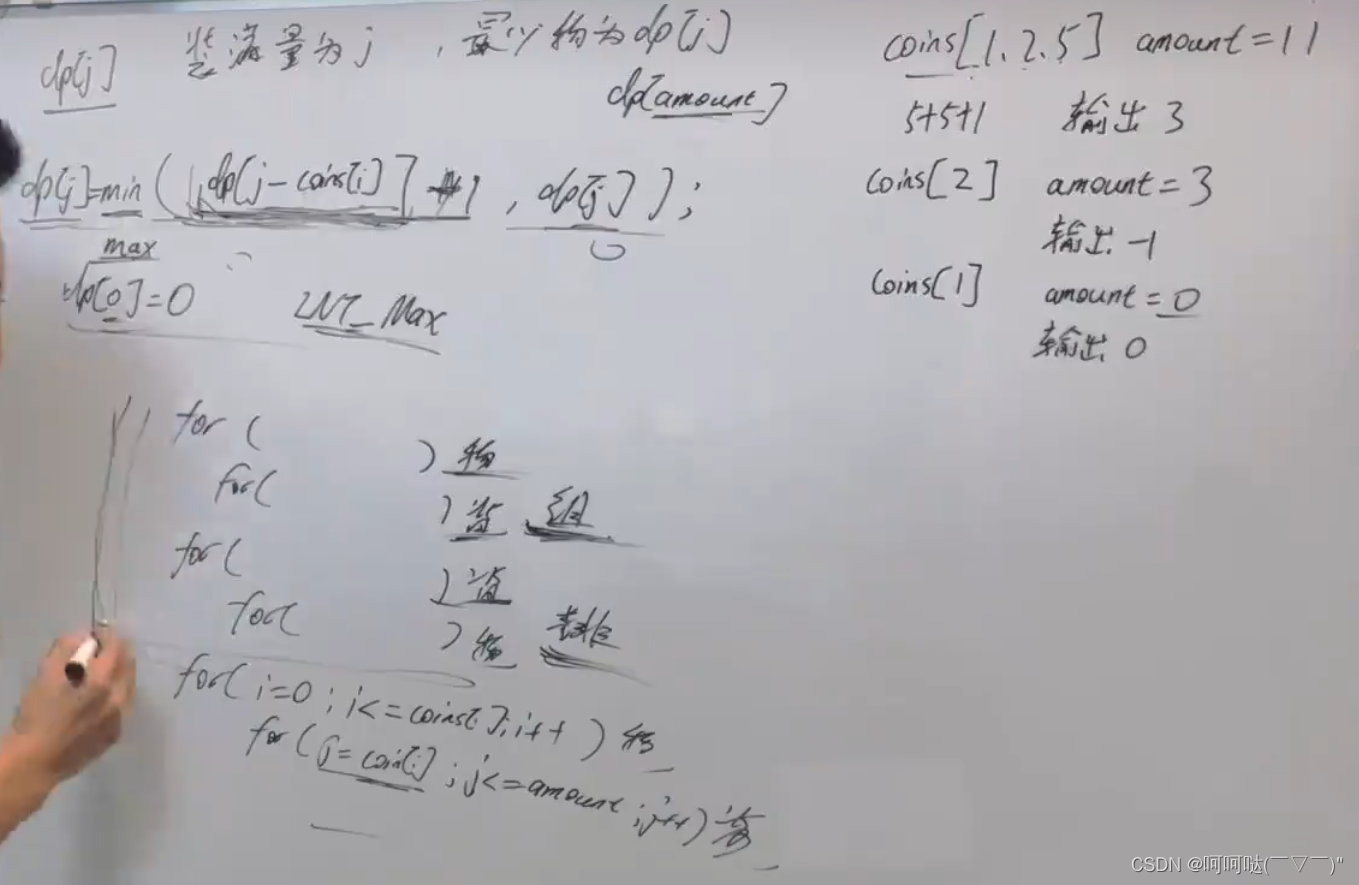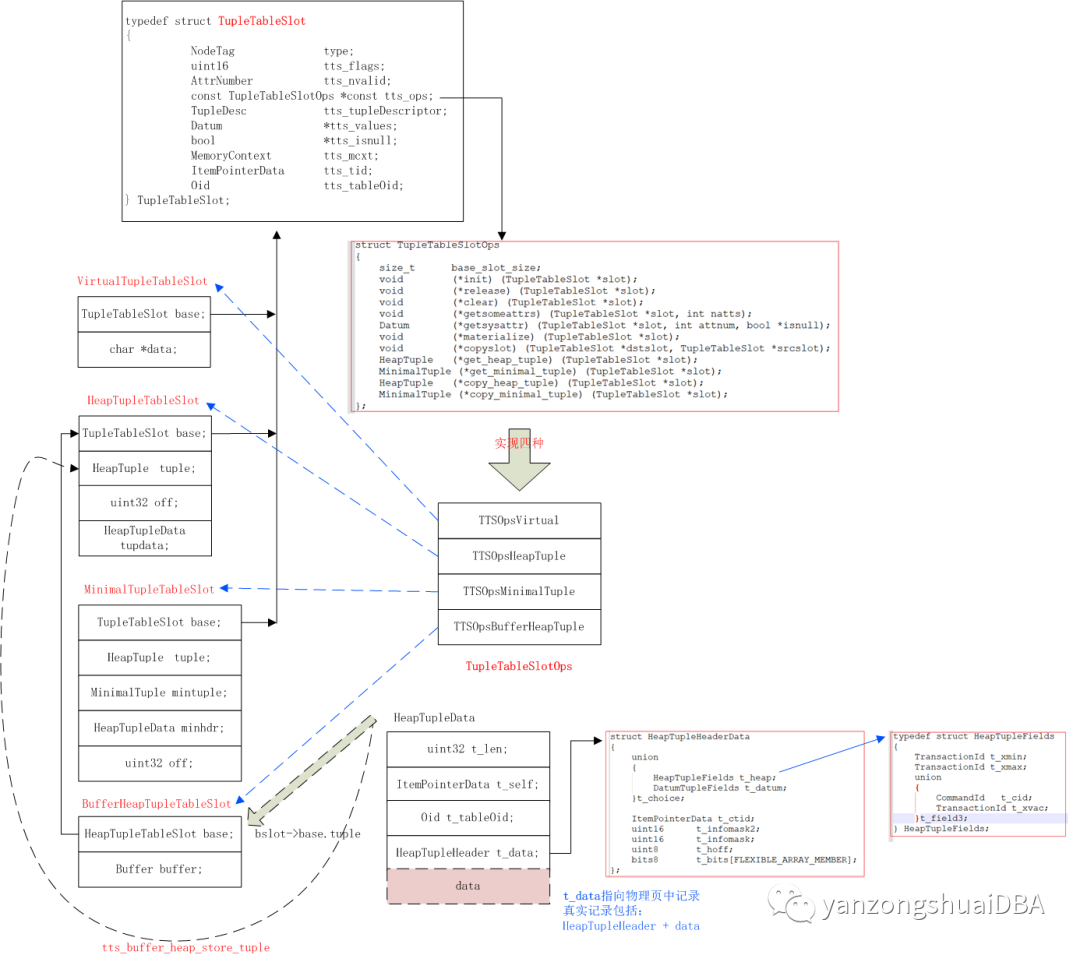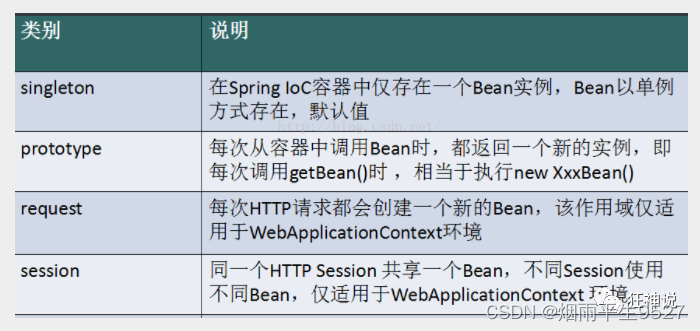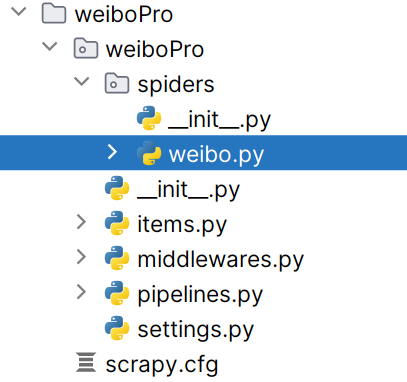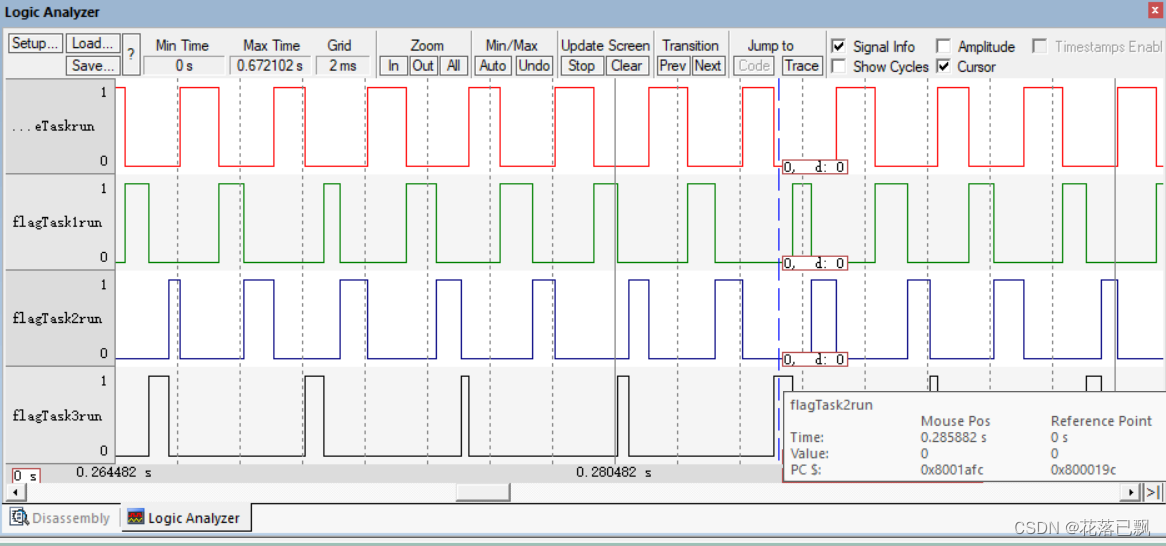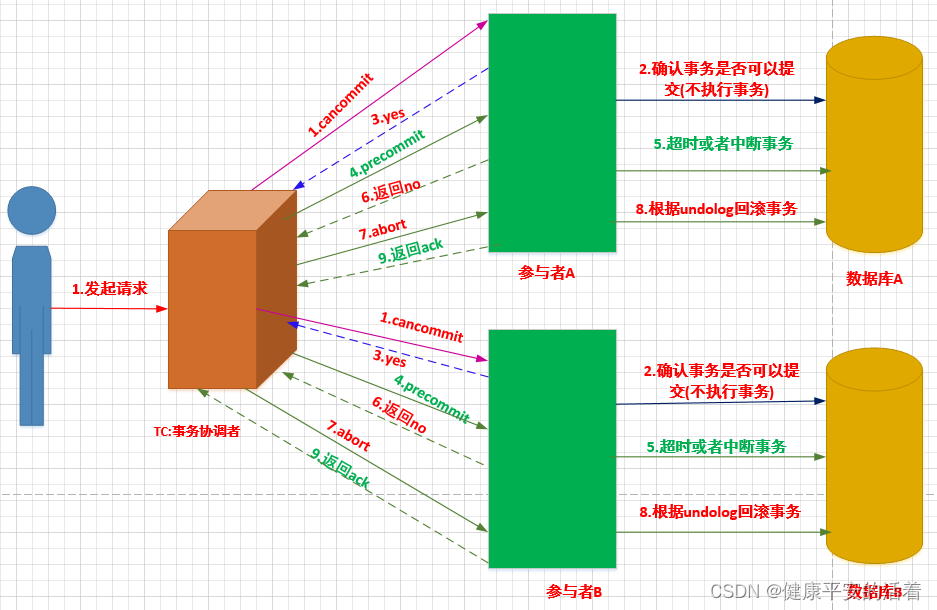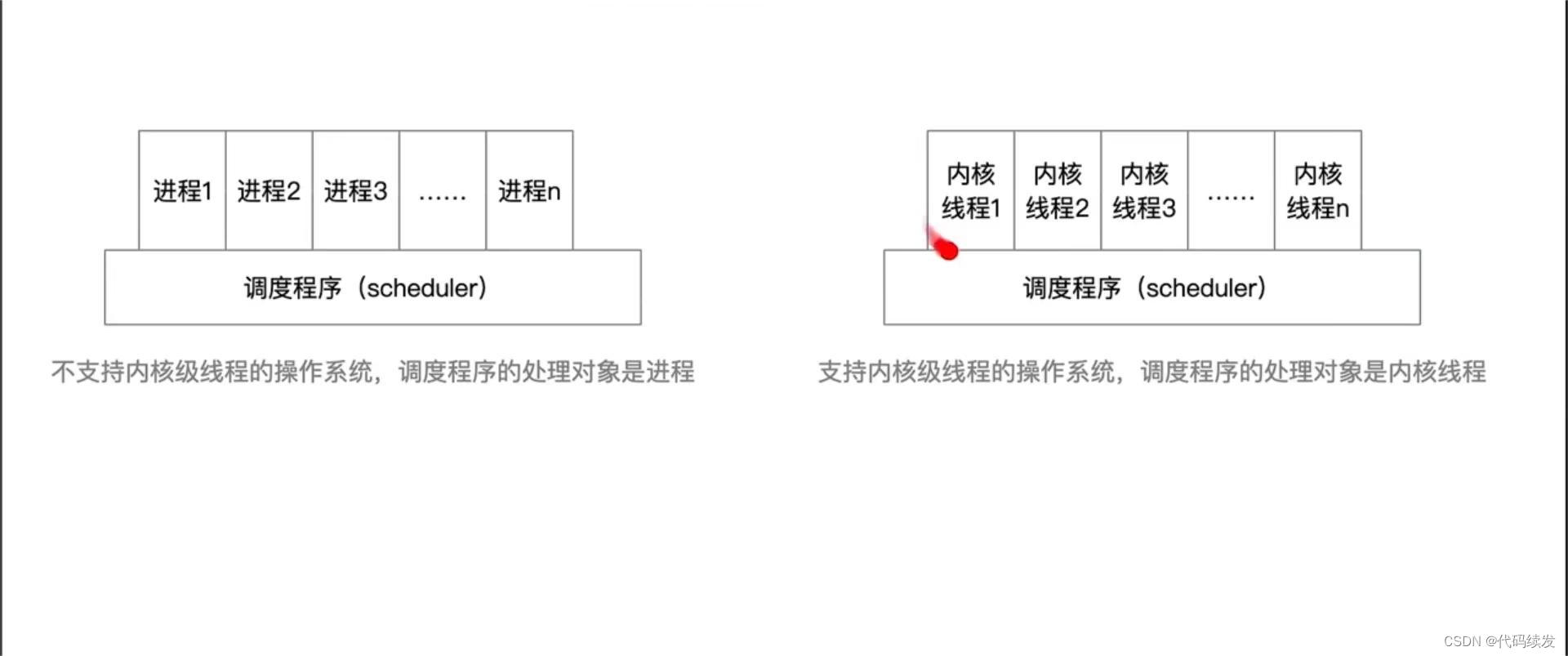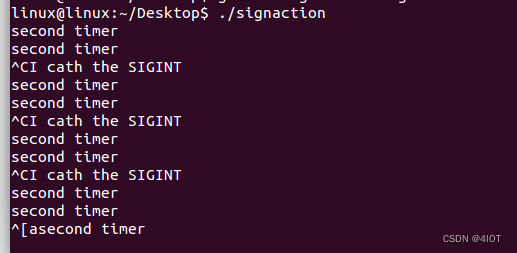笔者要做命名实体识别(NER)的工作,选择了Doccano平台来进行文本标注。

Doccano平台对标注结果的导出格式是JSONL格式,我们导出了NER.jsonl文件。

但是用python语言搭建深度学习模型来实现NER时,一般接收的输入数据格式为CoNLL 2003格式,需要将Doccano导出的JSONL数据转换成CoNLL 2003格式。CoNLL 2003格式大概长下面这样,左边是原文,右边是标签:

刚开始我还琢磨怎么变代码做转换,后来查到Doccano有官方的转换工具:doccano-transformer,就是个python库,用起来很方便,下面是官方给出的使用代码:
先在命令提示符里安装:
pip install doccano-transformer再用python语句来使用:
from doccano_transformer.datasets import NERDataset
from doccano_transformer.utils import read_jsonl
dataset = read_jsonl(filepath='example.jsonl', dataset=NERDataset, encoding='utf-8')
dataset.to_conll2003(tokenizer=str.split)但是官方给的代码不够完整,没有把结果转成可以直接操作的txt文本,下面是我真正使用的代码,增加了将转换结果存储成txt文件这一环节:
from doccano_transformer.datasets import NERDataset
from doccano_transformer.utils import read_jsonl
dataset = read_jsonl(filepath='NER.jsonl', dataset=NERDataset, encoding='utf-8')
gen=dataset.to_conll2003(tokenizer=str.split)
file_name="CoNLL.txt"
with open(file_name, "w", encoding = "utf-8") as file:
for item in gen:
file.write(item["data"] + "\n")但却报错,提示:KeyError: 'The file should includes either "labels" or "annotations".':
![]()
在网上找了很久发现了解决办法,需要两步:
①将导出的jsonl文件里的“entities”标签转换成“annotations”。

②将“doccano_transformer\examples.py”脚本中第29行的“doccano_transformer\examples.py”修改成“labels[0].append([”。(截图中使用Notepad++打开的examples.py脚本)

然后再按照我们之前的转换代码运行就可以了:
from doccano_transformer.datasets import NERDataset
from doccano_transformer.utils import read_jsonl
dataset = read_jsonl(filepath='NER.jsonl', dataset=NERDataset, encoding='utf-8')
gen=dataset.to_conll2003(tokenizer=str.split)
file_name="CoNLL.txt"
with open(file_name, "w", encoding = "utf-8") as file:
for item in gen:
file.write(item["data"] + "\n")

